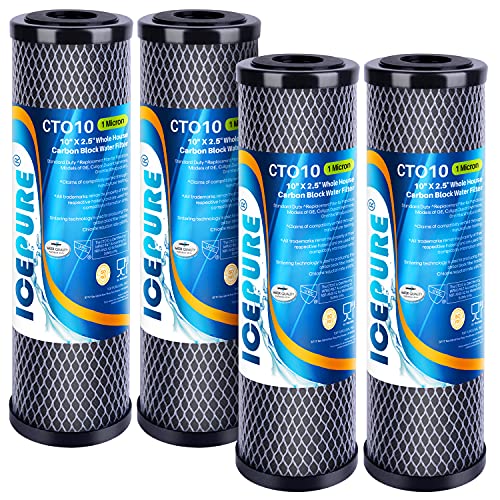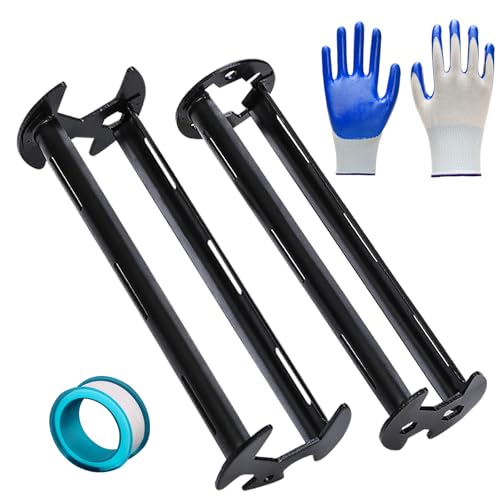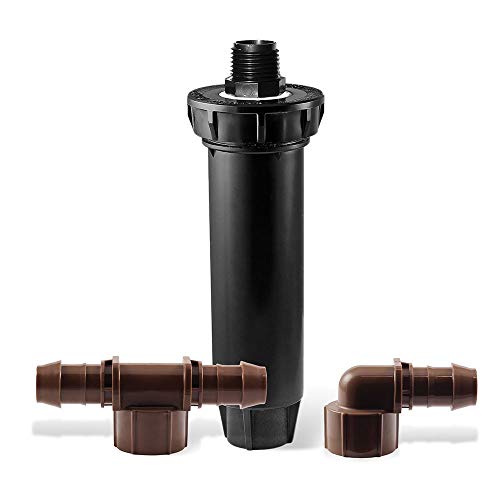rustic_philosopher
Active Member
So we have a large tub in our master bath and 50G electric tank heater that supplies the master bath, master shower and guest bath. I don't know the exact size of the tub but its large and the 50G is not able to fill it.
Points of note:
Options I have looked at / debating:
Concerns / Questions:
I am leaning toward option #1 mainly due to concern #3 I list in regards to future tankless use and space usage - but I know that I don't know what I don't know so here I am palms up asking for help
So does the stuff I call out make sense, am I going in the right direction or is there a solution that makes more sense that I am not seeing? Appreciate any feedback people can share.
Points of note:
- We are very rural, only have electric so gas is not a practical option in the house.
- Plumbing is all PEX
- The space for the water heater in question is basically 24"x24"
- We are on a well that has a iron filter and water softener. Even so, there is still a decent amount of minerals in the water.
Options I have looked at / debating:
- Increase the temp on the water heater and have a thermostatic mixer valve installed to try and get the 50G to behave more like a 70G which should suffice for filling the tub I think.
- Add a tankless heater with input coming from the tank heater as a way to supplement the hot water when the tank water runs cold.
- Perform major remodel work in the utility room where the water heater is to allow for a larger space so that I can install a larger tank.
Concerns / Questions:
- Per option #1, my understanding is that increasing the temp on the tank heater shortens the life. Is there any idea of how much life is lost by doing this and are there any tanks / brands that are better suited to running hotter?
- Per options #2, my understanding is that electric tankless should be avoided but in this use case of supplementing hot / warm water from the tank would an electric be fine? As a side note - this option is kind of a pain as it would require a lot of electrical work to add support for another 240v and my panels are almost full.
- I initially leaned toward this idea from a simplicity aspect but my concern is losing space in the long run (tl;dr - we would have to lose some shelf space) to account for a now problem. From what I can tell, tankless is the future. Personally I think its still a little early given they only seem viable on gas but some day when electric is viable, I could see even on well (with additional water quality treatment) just having to switch over to more efficient tankless systems. When that days comes, the work to expand the tank area would be wasted as the equipment won't have the same footprint.
I am leaning toward option #1 mainly due to concern #3 I list in regards to future tankless use and space usage - but I know that I don't know what I don't know so here I am palms up asking for help
So does the stuff I call out make sense, am I going in the right direction or is there a solution that makes more sense that I am not seeing? Appreciate any feedback people can share.





















































